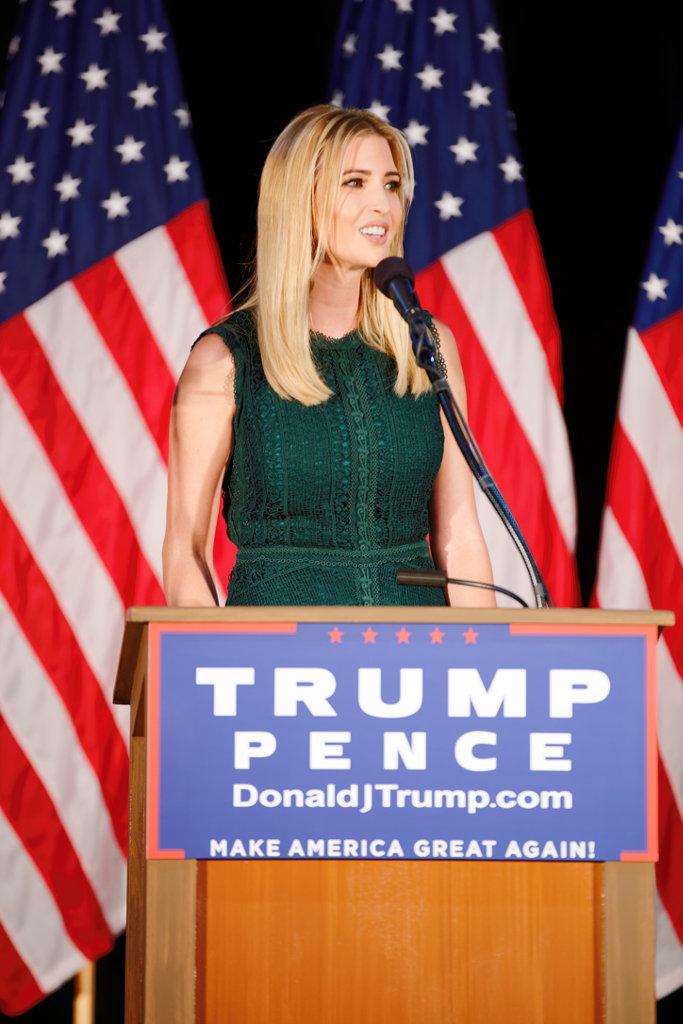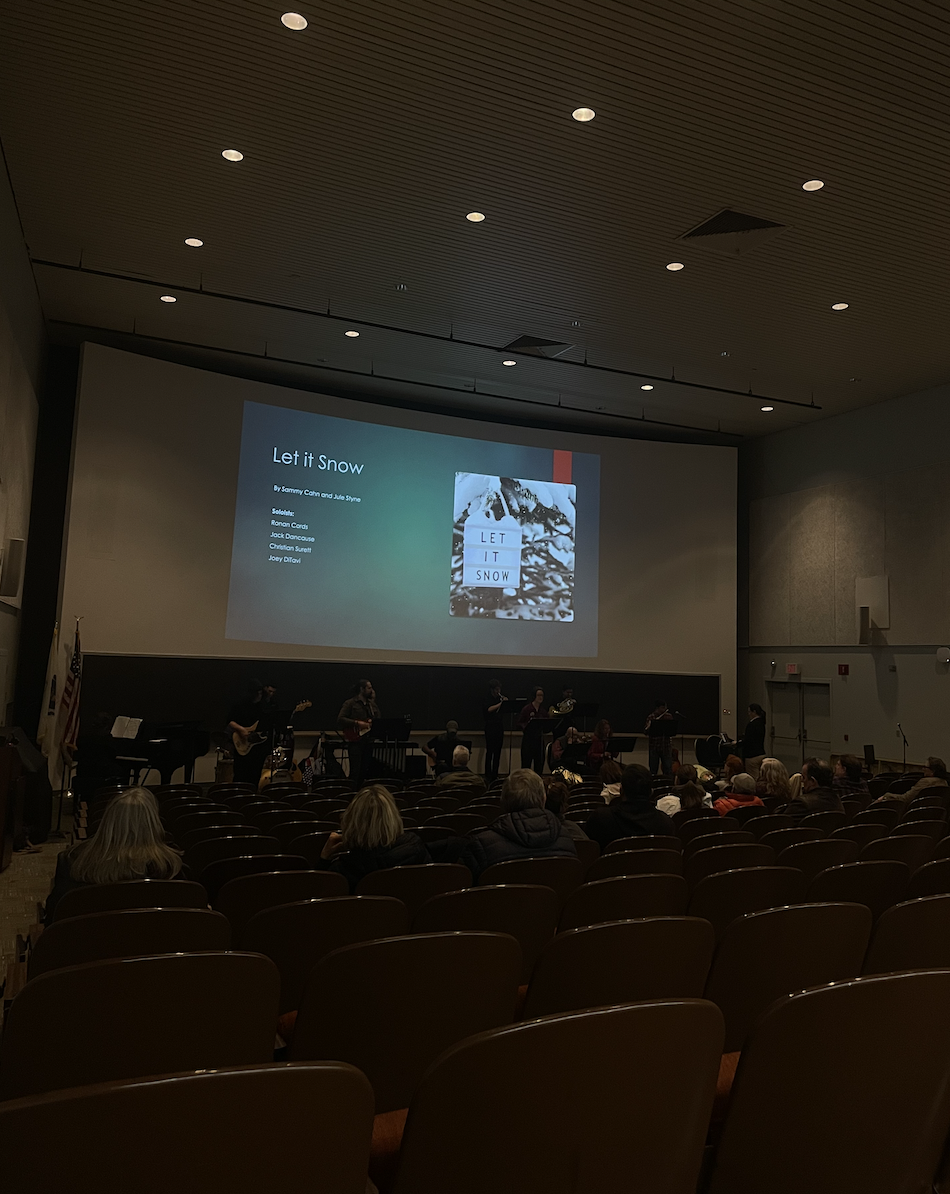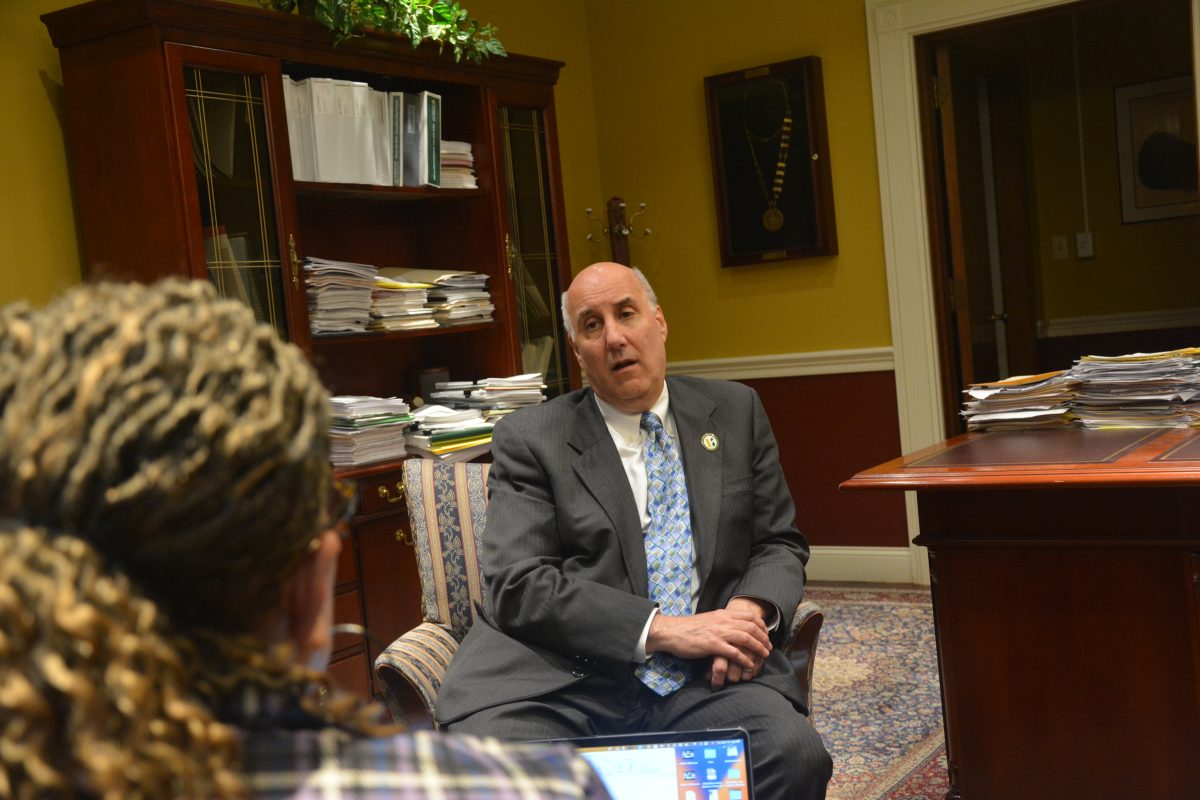
By Kurtis Kendall & Makenzie MacDonald
$1.5 trillion is the staggering US student debt load, which has tripled since 2003. The cost of higher education has continued to increase, causing students to struggle with being able to attend college, and diminishing the possibility of furthering their education, which has been established as a human right.With the problem increasing, many have proposed acts to help reduce the cost of college tuition. Back in mid-March, Ivanka Trump, an advisor of President Donald Trump, proposed a goal to reduce student debt. The overall plan “is to cap federal loan programs available to students’ parents and to graduate students,” she stated in an Associated Press article regarding the possible changes to come.
“I guess I feel like by putting a cap on student loans in hopes that colleges will lower their tuition is unrealistic,” stated Brianna Borey, a sophomore at Fitchburg State. “It will have a negative effect that will actually prevent students from being able to financially afford college and lower the rates of students who attend college after high school. Which is the exact opposite of what the state is trying to do,” Borey continued.
The difficulty of this proposal is exactly what many students worry about when applying to school, or struggling with paying for upcoming semesters. From the Student Loan Hero website, “66% of graduates from public colleges had loans, and 75% of graduates from a private colleges had loans.” The proposal of capping student loans would make these percentages drop significantly, but the concern on the cap on loans is what exactly will happen to those students who don’t attend college due to the limited amount they can borrow to help pay for the tuition.
“I think they should lower tuition, in a perfect world, before capping loans because even if they decide to cap the loans, and the schools don’t change their tuition, then students are basically screwed over” explained Ashley Osborne a sophomore Fitchburg State.
“They think it’ll help up us by keeping our loans down but that takes out a large amount of the colleges we can go to because it is too expensive to go there” expressed Sean Veronsai a sophomore at Fitchburg State. “Unfortunately, colleges have become more and more about profit,” continued Colin Laakso a sophomore at Northeastern University in Boston.
However, proposals like the Cherish Act brings light to the possibility of a hopeful future for students. The Cherish Act, a bill proposed here in Massachusetts, looks to provide increased financial aid for students. This potential bill is one of the most important acts to be created to better the lives of students, considering it was found that the state has been dramatically under-funding public colleges and universities since 2001.
The Cherish Act would provide $500 million per year worth of funding to public higher institutions, while also freezing tuition and fees where they are for the next five years. If passed, students attending public universities in Massachusetts would see their individual aid increase by thousands of dollars each semester.
James Kvaal, the president of the nonprofit Institute for College Access and Success explained that the proposal from Ivanka Trump was not the correct approach and that the focus should be more on working with the states to make public colleges and universities more affordable to students, just as the Cherish Act provides.






